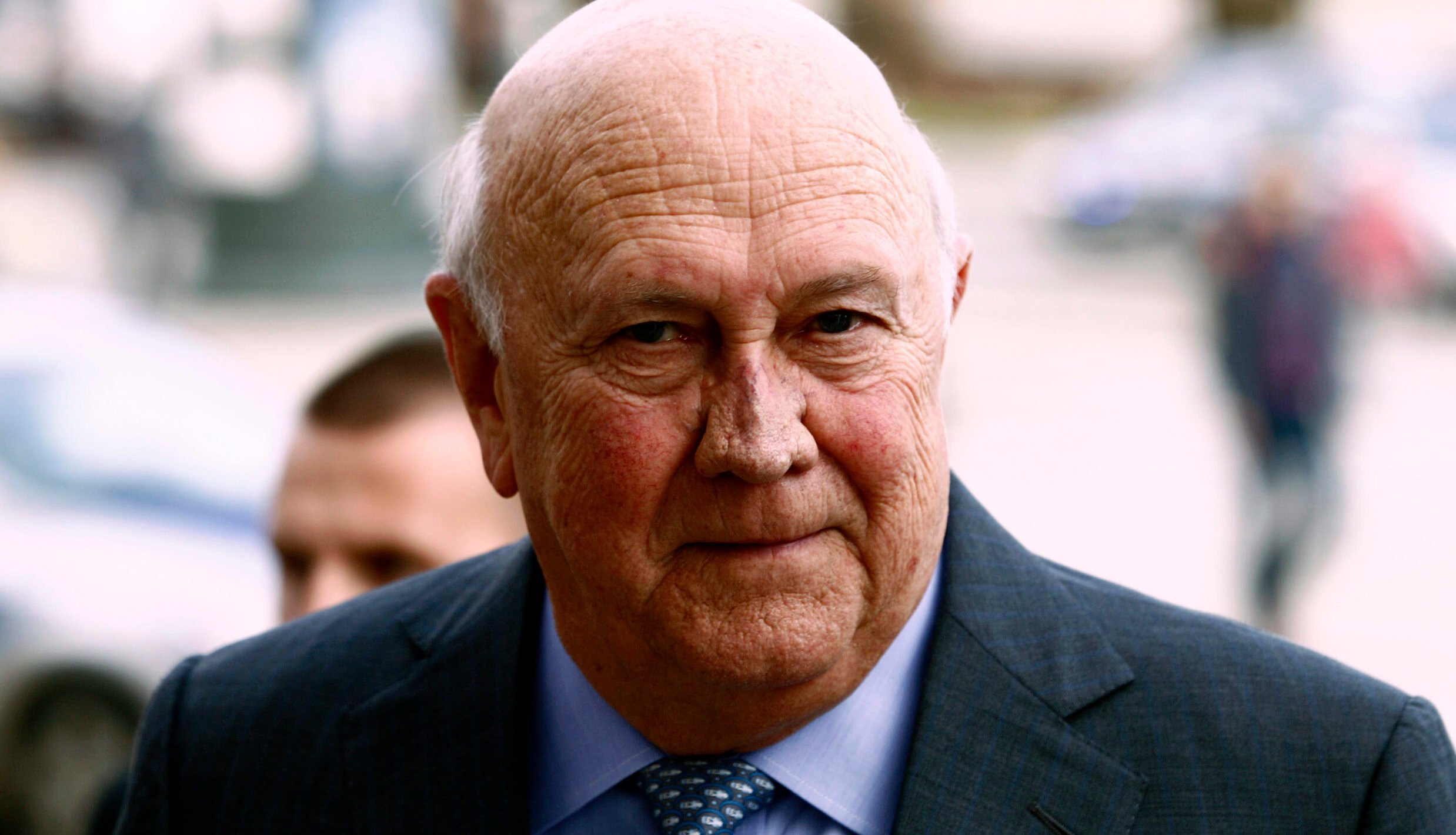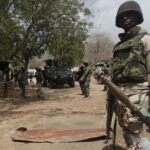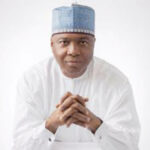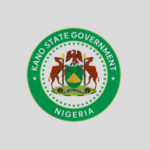The death last week of a former president of the Republic of South Africa, Frederik de Klerk , is one development that has evoked, in recent times, sundry reflections on that country’s political system – especially from the perspective of the now-discredited apartheid system of government. This derives from his place in history as the President of South Africa during whose tenure, apartheid was rolled back. For that singular, unprecedented turn in the country’s politics, he was honoured with sharing a Nobel Peace prize with his successor and first black president of that country, Nelson Mandela, who himself was the leader of the anti-apartheid struggle for decades.
Under the apartheid system – an extreme version of authoritarian minority rule-based racial segregation and white supremacy, which was instituted in South Africa in 1948 by de Klerk’s National Party, the country operated separate governance practices with wide disparities in citizens’ rights and privileges between the minority whites and the majority blacks. At the height of the apartheid regime, the whites who constituted just about 18% of the population according to the 1980 Census owned and controlled over 80% of the economy. With the whites controlling the commanding heights of the economy, levers of political power, and who gets what in terms of basic civil rights, while the same was denied the majority blacks, the South African society was always in a state of agitation featuring the dispossessed blacks always protesting in one form or the other against the oppressiveness of apartheid. Daily faces of apartheid included routine segregation between whites and blacks in public transport as well as a ban on inter-racial marriages, and police crackdown and brutality against blacks.
During this period, many leaders of the black anti-apartheid struggle, such as Steve Biko were killed in unexplained circumstances or thrown into jail for long sentences for often spurious charges. Nelson Mandela himself escaped death from a conviction for treason and ended up serving 27 years in prison before release in 1990. From a continental perspective, the apartheid regime in South Africa was a sore thumb of the continent in an era when the wind of anti-colonialism had blown across Africa, and country after country had gained political independence from European colonial dictatorships.
But by the late 1980s, the moral and political foundations of the apartheid regime had lost all legitimacy in the eyes of the world, making the system unsustainable. Thus, de Klerk, as the 10th South African president since 1961 when the country became a constitutional republic, commenced the dismantling of apartheid in South Africa, soon after his ascendancy as president of the republic in 1989. History shows that de Klerk started off his presidency as an arch-conservative with a messianic zeal to enforce apartheid. Political circumstances of that time included the growing clout of the predominant black South African in the African National Congress (ANC), along with international pressure from a rapidly liberalising African continent and the global trend towards democratisation following the fall of the Berlin Wall in 1989, and the leveraging from global players in geopolitics, forced him to consider yielding ground or crash his presidency and the country.
One of his first steps in office was to lift the ban on the ANC and the release of Nelson Mandela from prison in February 1990. Mandela, in turn, led the series of negotiations which led to the conduct of multi-racial polls and the installation of a majority government. It is this catalysing role in the evolution of black majority rule in South Africa that stands out de Klerk’s status in that country. It was also good that he apologised for whatever role he played in the apartheid, even if the apology could have come much earlier to help the country heal the wounds of its apartheid past at a crucial moment following return to majority rule.
Frederik Willem de Klerk was born on March 18, 1936, in Johannesburg, South Africa, and had served in several capacities in the South African government prior to becoming president of the country. With his death, South Africa has lost a statesman who allowed himself to be guided by the lessons of history and bowed to popular will. This newspaper stands with the good people of South Africa at this period of grief.

 Join Daily Trust WhatsApp Community For Quick Access To News and Happenings Around You.
Join Daily Trust WhatsApp Community For Quick Access To News and Happenings Around You.


